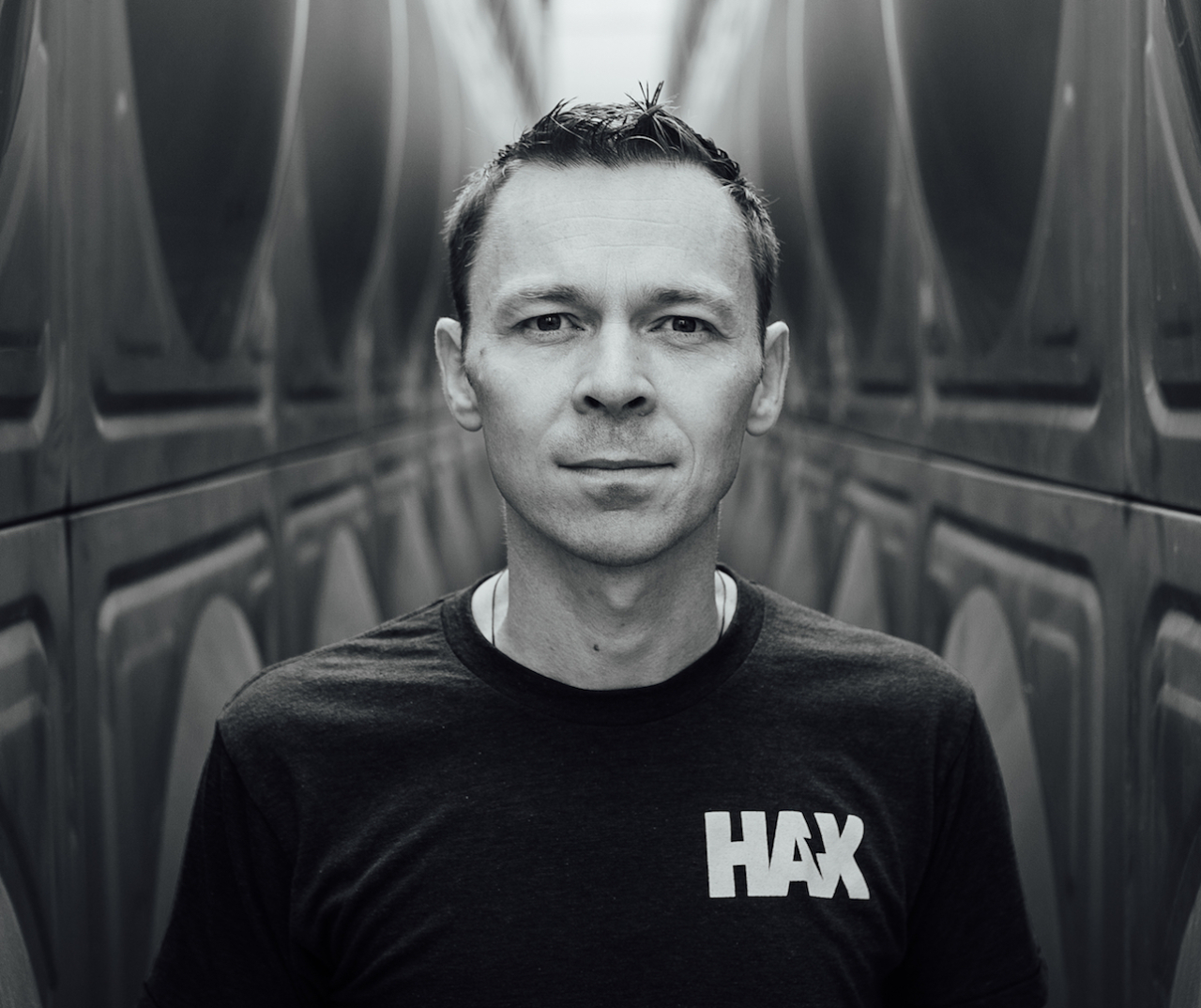Cyril Ebersweiler, the founder and managing director of hardware accelerator HAX, is out to create a startup-driven hardware renaissance. And in his view, Korea has much potential.
“We’ve been quite familiar with the Korean ecosystem and did a few investments there. I think it’s one of the most dynamic ecosystems in the world, and it is doing better than some of its Asia counterparts, while providing a decent market locally for Korean companies as well as quality manufacturing,” said Ebersweiler in an email interview with The Investor.
However, he added that it is up to chaebol like Samsung, LG, Hyundai and SK to help nurture a healthy level-playing field.
“The ecosystem is still young and it could fail if the chaebol are predatory in terms of talent or intellectual property, or if there are no acquisitions locally.”
 |
Cyril Ebersweiler, founder and managing director of HAX. (HAX) |
Ebersweiler will be in Korea this week to participate in a startup conference hosted by Daejeon City, Herald Corp. and CEO Clubs Korea.
Below are excerpts from the interview.
Q: What is the key in helping startups bring Frankenstein prototypes to market?
Ebersweiler: More than ever we can tell that speed is of the essence, since technologies (hardware/software) are getting commoditized rapidly. It used to take years and millions of dollars to take a robot to market for example, but nowadays the computing power, the Lidars, the computer vision and the algorithm are mostly available and powerful. This means that leveraging an ecosystem is critical to remain alive several years later and level the playing field with international players.
Q: How do you evaluate a hardware startup at its very early stages, and how do you decide to invest?
A: The recipe has not changed a lot at early stages. The team is first and foremost of interest, not only about their experience or their technical capabilities but also their “unfair advantage,” meaning whether or not they understood something about their market that others didn’t. We question a lot their market assumptions, and as such, their product and market fit, but are conscious that tweaks are needed over time.
Q: HAX is based in both Shenzhen and Silicon Valley. How do you connect the two?
A: In “The world is flat,” Thomas Friedman described globalization as a phenomenon which essentially made the world similar anywhere you would go. What I noticed was that there could be some “spikes,” if you will, of local activities which could make you choose to live in a place versus another when it comes to the ultimate capitalistic phenomenon: building a company.
The first obvious spike was the Silicon Valley, which benefited from the aftermath of World War II to create a strong technology environment which would then turn wealthy entrepreneurs into investors. Fast forward a few decades and Silicon Valley is regarded as a world outlier. It took me to go to Shenzhen at the right moment to figure out that this could be the “next” Silicon Valley, but in its own right. You can’t copy the Silicon Valley. You can’t copy Shenzhen. But what they have in common is the fact that as soon as a startup goes there, the environment automatically “augments” its value. There will be others elsewhere appearing shortly.
Q: Do you think Korea is ready to birth a hardware startup unicorn?
A: There is a lot of talent which has been brewing at top-notch universities or in big conglomerates, and starting a technology company is somewhat socially acceptable nowadays. The key for entrepreneurship is to create as many successful stories as possible, and a lot of ecosystems fail at creating that condition.
By Son Ji-hyoung (
consnow@heraldcorp.com)






![[Herald Interview] 'Trump will use tariffs as first line of defense for American manufacturing'](http://res.heraldm.com/phpwas/restmb_idxmake.php?idx=644&simg=/content/image/2024/11/26/20241126050017_0.jpg)
![[Exclusive] Hyundai Mobis eyes closer ties with BYD](http://res.heraldm.com/phpwas/restmb_idxmake.php?idx=644&simg=/content/image/2024/11/25/20241125050044_0.jpg)
